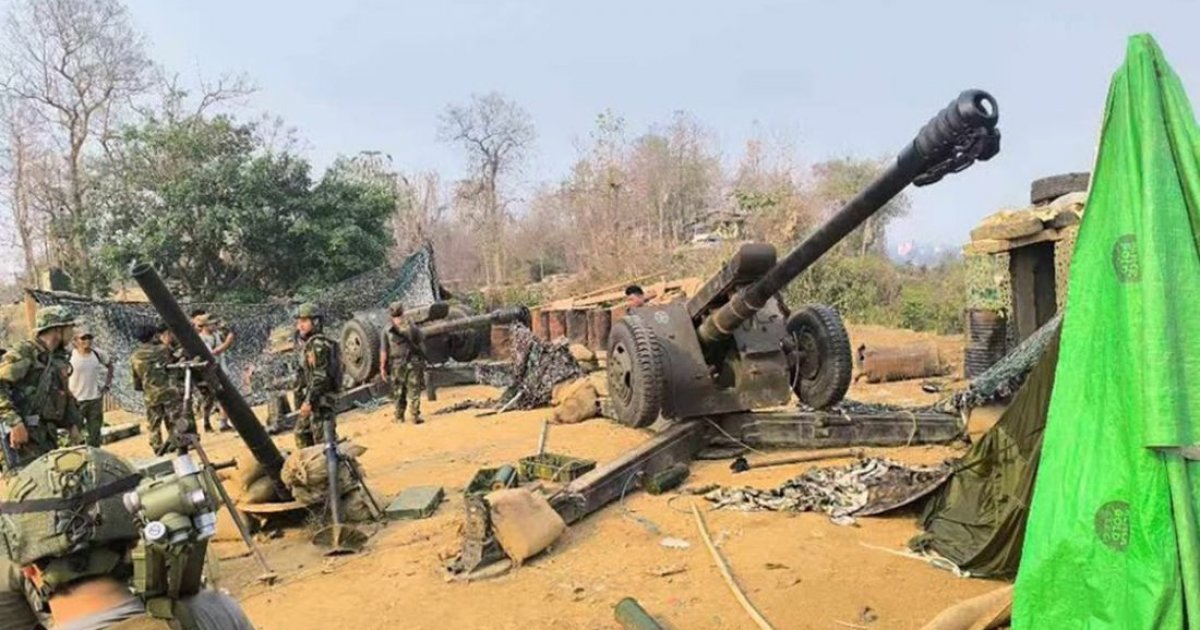Myanmar’s military has regained key towns captured by ethnic insurgents last year, using relentless air strikes, newly trained recruits, and Chinese-supplied drones, highlighting a decisive shift in the civil war in favor of the junta.
Last year, insurgents from the Ta’ang National Liberation Army (Tnla) briefly captured Kyaukme, a strategic town on Asian Highway 14, the main trade route from the Chinese border to central Myanmar. The takeover, following months of fighting, was considered a significant blow to the military junta that seized power in 2021, reports UNB citing BBC.
This month, however, the army recaptured Kyaukme within three weeks. “There is heavy fighting every day in Kyaukme and Hsipaw,” Tnla spokesman Tar Parn La told the BBC. The military has now retaken Hsipaw as well, restoring control over the road to China.
The junta’s renewed success is largely attributed to Chinese backing, which has included technical support, funding for the planned December election, and access to advanced weaponry. Beijing’s influence has also pressured ethnic armies along the border to halt resistance operations, with some groups abandoning previously captured towns.
Newly recruited conscripts, numbering over 60,000, along with thousands of Chinese-made drones and relentless air strikes using Russian and Chinese aircraft, have shifted the battlefield balance. Analysts say drones have improved strike accuracy, disrupted insurgent operations, and strengthened the military’s air supremacy.
Meanwhile, opposition forces remain fragmented. The People’s Defence Forces (PDFs) and ethnic militias continue to resist but suffer from limited coordination, distrust among groups, and restricted access to weaponry due to tighter border controls and Chinese restrictions on dual-use products.
While the military has regained towns along key trade routes and areas designated for voting in the upcoming election, insurgents still control significant regions in Rakhine and Chin States. Analysts warn that large-scale political reconciliation remains distant. “The military has destroyed over 100,000 homes in the dry zone alone, leaving deep grievances that will last generations,” said Morgan Michaels, a research fellow at the International Institute for Strategic Studies.
China, meanwhile, continues to prioritize stability over the collapse of the Myanmar state, providing backing for the junta while pursuing its strategic and economic interests, including access to the Indian Ocean and energy supplies. However, even Beijing faces limits in ending the ongoing war, as widespread devastation and civilian suffering fuel persistent resistance.



